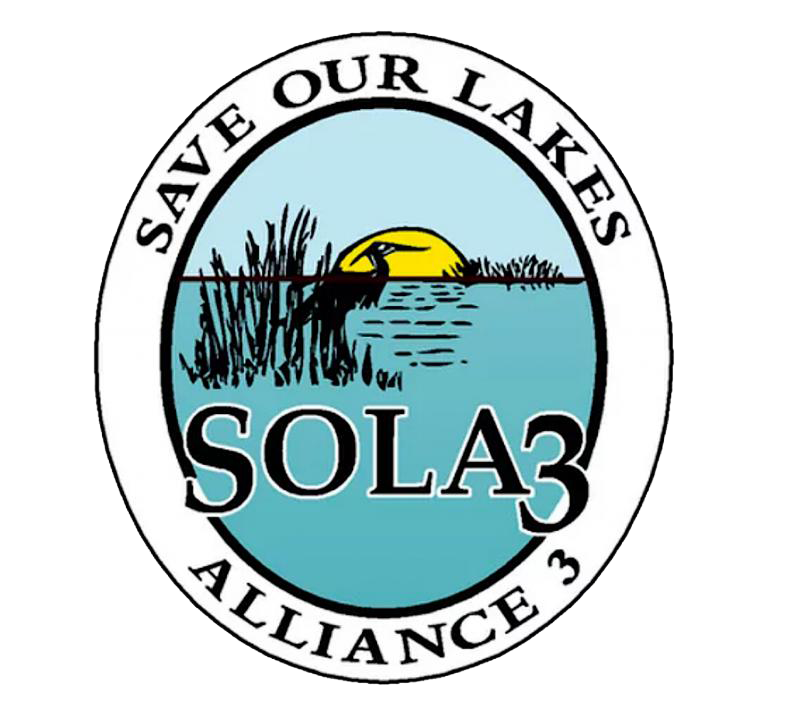How You Can Help Save The Lakes
How property owners treat their land has a direct impact on the health of the lakes.
By following the practices listed below, you will improve the quality of the lakes' water and maintain a healthy lawn and plants.
Optimize Fertilization:
-
Have your soil checked to see if you need fertilizers and if so what kind. Excess nutrients from your lawn could end up in the lakes causing algal blooms and odors.
-
If you do need to fertilize, use minimal amount and keep it off of impervious services.
-
Fertilize your lawn in one application per year in the fall.
-
Leave grass clippings on your lawn to provide nutrients or use your composted yard wastes
Reduce Chemical Use:
- Use integrated pest management strategies to minimize or eliminate chemicals. Only use chemicals when there are no other options.
- Alternatives include: pulling weeds, spraying full strength vinegar on young leaves, burn weeds with a propane torch, pour boiling water over weeds, feed the lawn and keep high to outcompete the weeds or learn to live with a few.
- Do not apply pesticides prior to a rain storm.
Increase Wildlife Habitat:
-
Plant native trees and shrubs to reduce pests, disease and weeds.
-
Plant trees and shrubs that provide food, especially for winter.
Minimize Runoff & Soil Erosion:
-
Use crushed stone or shells for your walkways to allow rainfall to drain into the ground.
-
Direct your roof leaders to grassy areas or gardens or use good old-fashioned rain barrels to collect roof runoff and allow it to drain slowly into your gardens. Use splash blocks or drainage tiles.
-
Leave mulch cover on flower and vegetable gardens during winter months and around any open soil around shrubs and hedges.
-
Design your landscaping to take full advantage of rainfall by diverting driveway or street runoff to your garden, cascade your garden over terraces or timbers to slow runoff and to maximize percolation.
-
Limit your grassy areas and increase trees and shrubs to soak up nutrients and prevent soil erosion to keep them out of the lakes.
Shoreline Landscaping:
-
Maintain a shoreline buffer of trees, shrubs, and grasses on waterfront properties. Evaluate other natural buffers.
Optimize Land Use Regulations:
-
Get involved in land use planning in Rehoboth Beach, Sussex County and Dewey Beach.
-
Support policies that integrate storm water management best practices.
General:
-
Dispose of all hazardous wastes such as paints, solvents, used oil, gas with water, antifreeze, etc. properly, do not pour on lawn.
